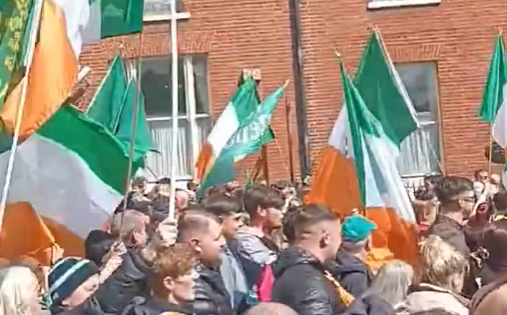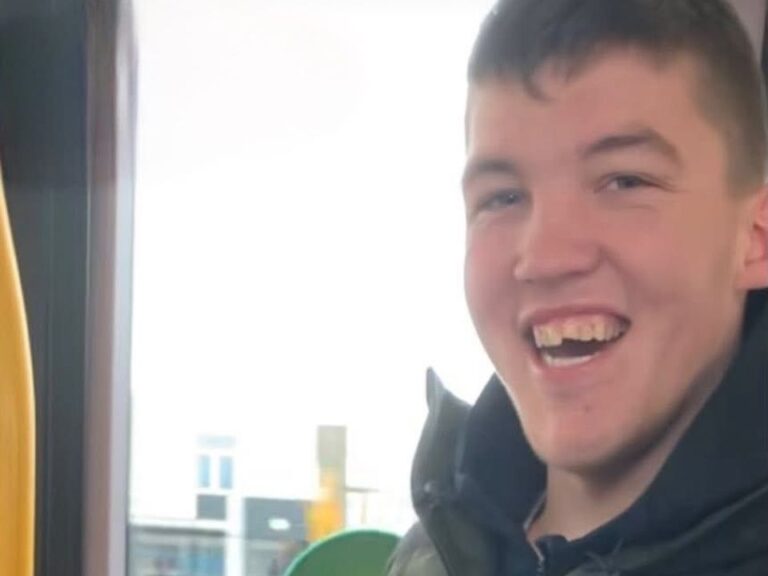
Irish politics today reflects a mix of ongoing structural developments and simmering debates, as the nation navigates internal governance challenges and broader economic concerns. Here’s a look at the latest political developments in Ireland.
Economic challenges also loom large, with the shadow of U.S. tariffs under President Donald Trump affecting Irish exports. Taoiseach Micheál Martin recently warned of job losses as businesses report canceled orders, a concern echoed in discussions about Northern Ireland’s trade vulnerabilities. The government is hoping for a negotiated settlement with the U.S., but the unpredictability of Trump’s policies, potentially imposing 25% tariffs on pharmaceuticals, has sparked fear across the cabinet. Fianna Fáil and Fine Gael are also clashing over domestic economic policies, with a notable row over Airbnb regulations. Fianna Fáil sources accused Fine Gael of failing to engage politically, highlighting tensions within the coalition.
Debates over Irish unity took a reflective turn. A sentiment piece in the Sunday Independent today argued that now is not the time to prioritize unification, suggesting that economic stability and other pressing issues should take precedence. This perspective underscores the delicate balance Irish leaders are striking amidst global uncertainties.
The allocation of chairperson positions for the 28 Oireachtas committees, finalized on April 10 after a four-month delay, marks a significant step forward for Ireland’s legislative process. The delay stemmed from a contentious Dáil speaking rights row, which had stalled the formation of these essential committees responsible for shaping and passing legislation. Sinn Féin secured seven chair positions, including high-profile committees like justice, defence, and the Public Accounts Committee (PAC), while government parties took the lead on housing and infrastructure. Smaller groups, such as the Independent Technical Group, will chair the Irish Language Committee, though Independent Senator Eileen Flynn expressed disappointment over the government’s decision not to reconvene the Traveller Community committee she previously led. While the committee chairs are now set, it may still be another month before these bodies are fully operational, potentially delaying legislative progress further.
On the policy front, immigration remains a polarizing issue. Recent posts on X from April 11 highlight a hardening stance, with unverified claims that the Irish government is implementing laws to revoke citizenship and increase deportations. However, skepticism abounds, with some users doubting the government’s commitment to follow through. This comes amid broader concerns about migration’s impact on public services and housing, a tension that has fueled public anger in recent years. The government’s approach to immigration continues to draw scrutiny, especially as tourist visits reportedly dropped 30% year-on-year by early 2025, partly attributed to the conversion of hotels into asylum centers.
Finally, a surprising political maneuver emerged in Dublin, where the government has shelved plans for a directly elected mayor. The decision, reported today, stems from fears that the position could become a launchpad for controversial figures like Conor McGregor, whose recent presidential bid ambitions have stirred both intrigue and rejection among Irish politicians.
As Ireland moves forward, the interplay of legislative delays, immigration policy shifts, and economic pressures will likely shape the political landscape in the weeks ahead. For now, the government faces the challenge of balancing domestic priorities with external uncertainties, all while managing coalition dynamics and public sentiment.


